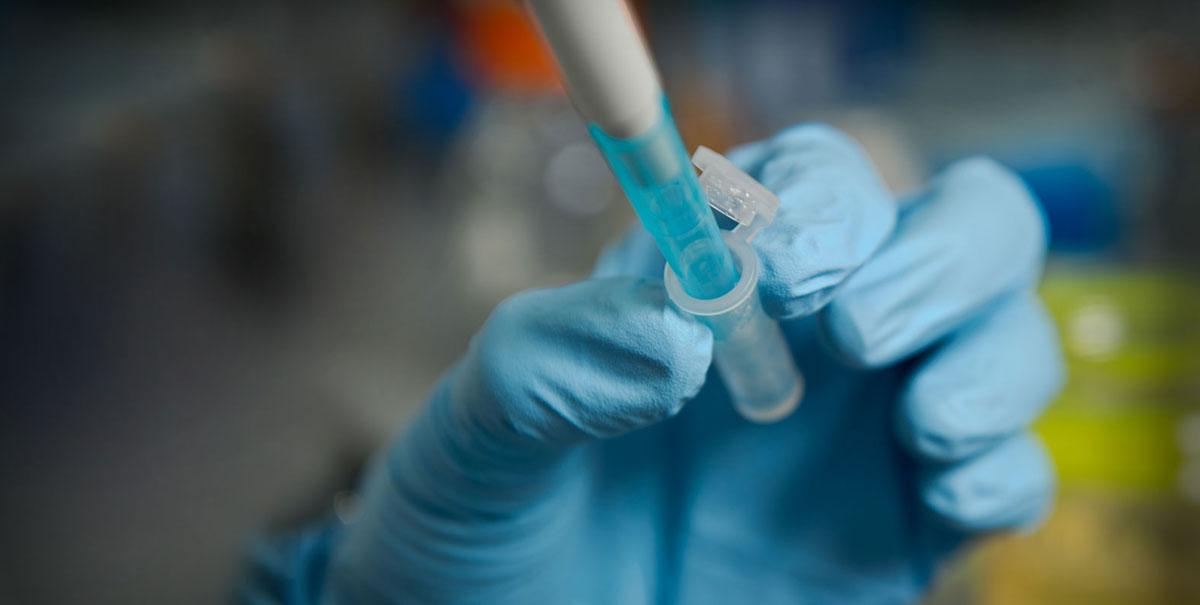Precision medicine utilizes a much deeper understanding of individuals’ personal characteristics and symptoms to more precisely identify treatments and prevention strategies, while accurately predicting exact anticipated effects of any medical intervention. Besides improved outcomes, decreased adverse effects, and greater patient engagement, precision medicine will also result in reduced costs. Advances in genomics and information technology now make it possible to realize these goals by using genomic information of individual patients to make more informed decisions.
Clinicians at Columbia University Medical Center-NewYork Presbyterian are leading the precision medicine effort. Their goal is to use information from each individual patient in real time to stratify risk of disease iteratively over time and to identify the optimal methods to manage that risk. Ongoing reassessments of disease risk will be driven by an improved understanding of genetic and genomic data and our ability to monitor our patients’ health status in real time using biomarkers. This approach provides more accurate prognostic information, and the selection of targeted therapies with greater probability of success, lower probability of adverse reactions/toxicity, increased cost efficiency, and improved patient outcomes.
Ultimately, patients will be intimately involved in their own medical care using advanced methods of electronic patient education and communication through a personal medical portal that would incorporate real time collection of patient data and provide real time feedback to patients to reinforce positive health behaviors.

